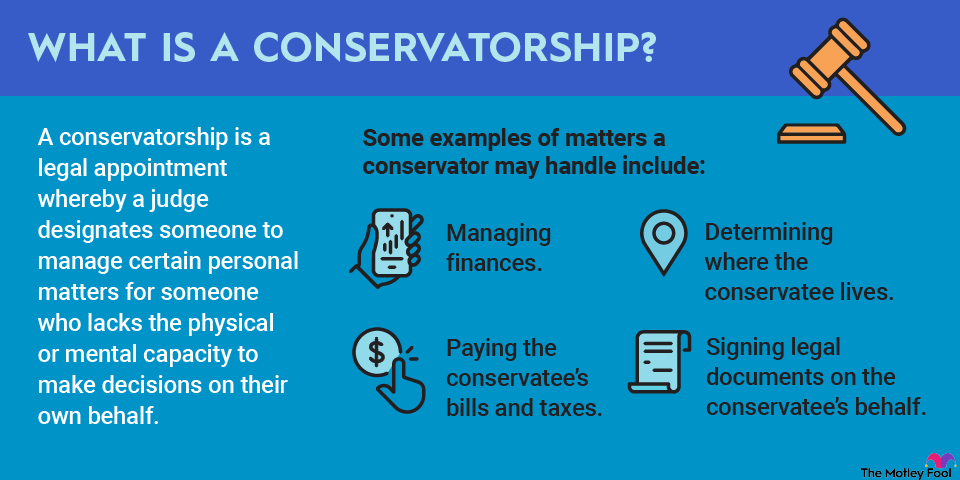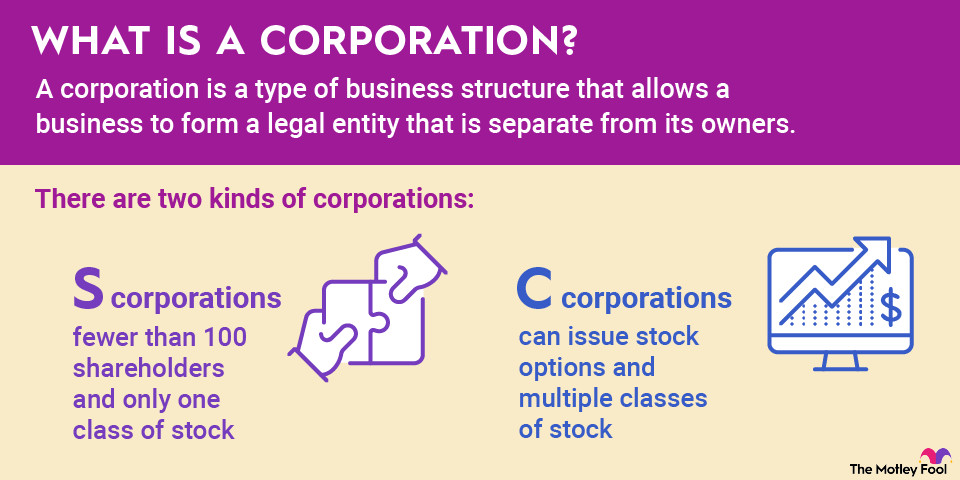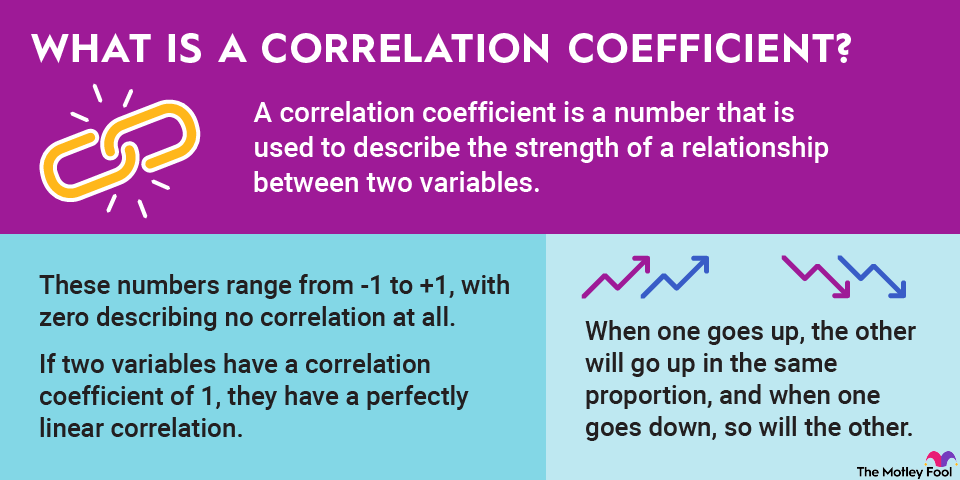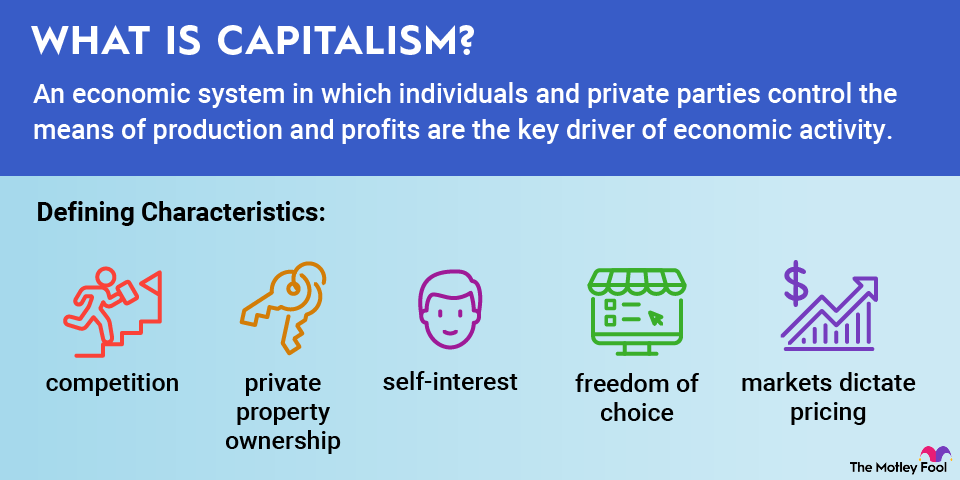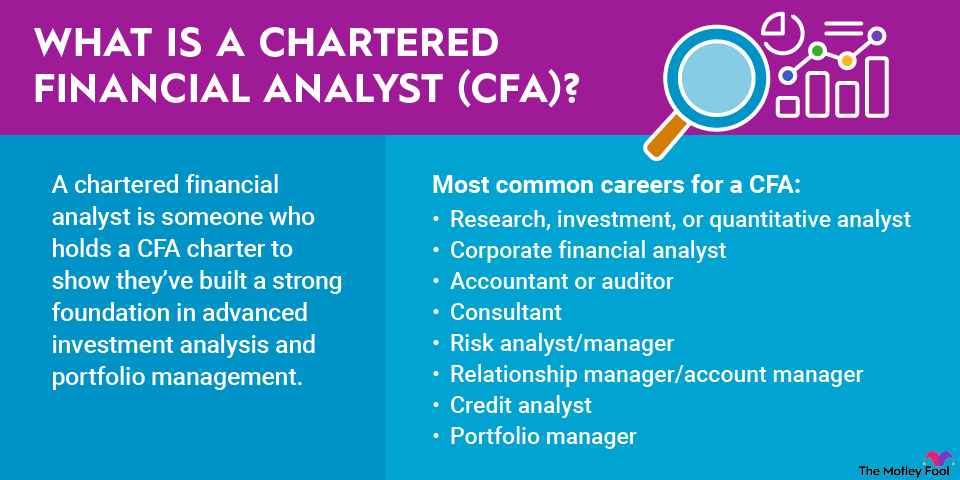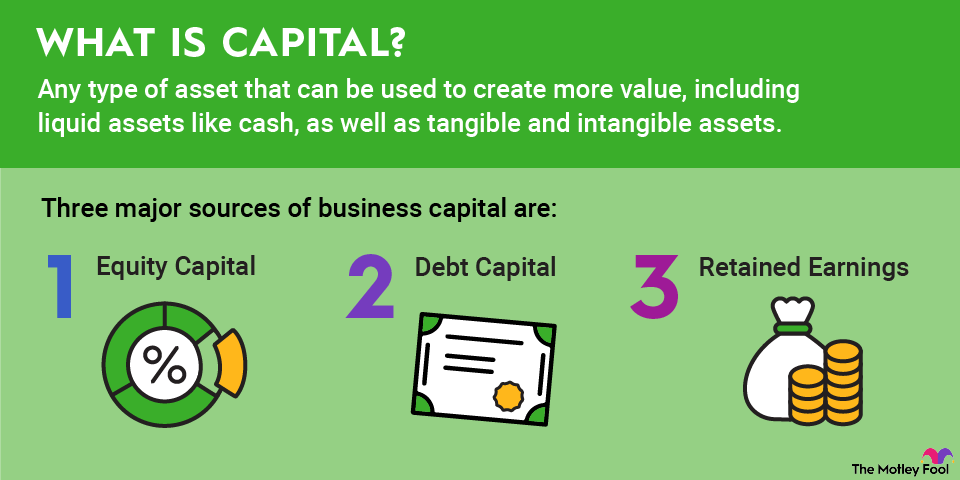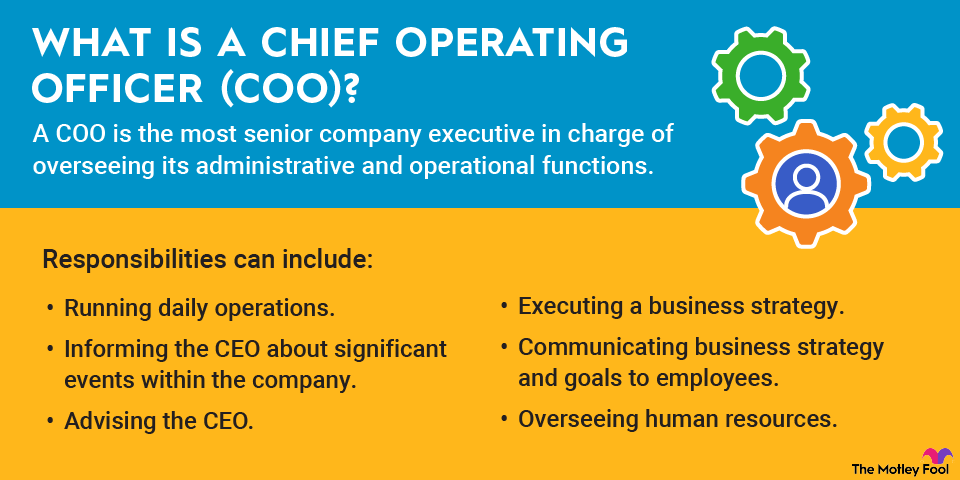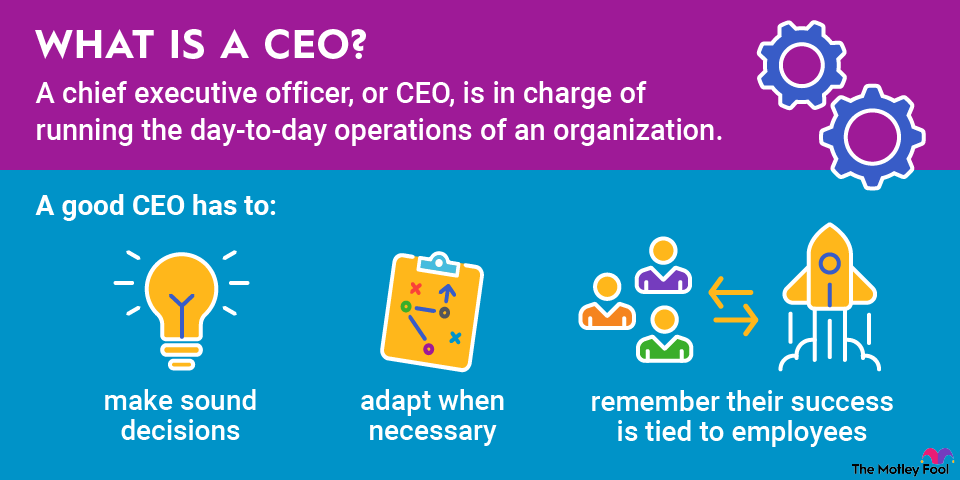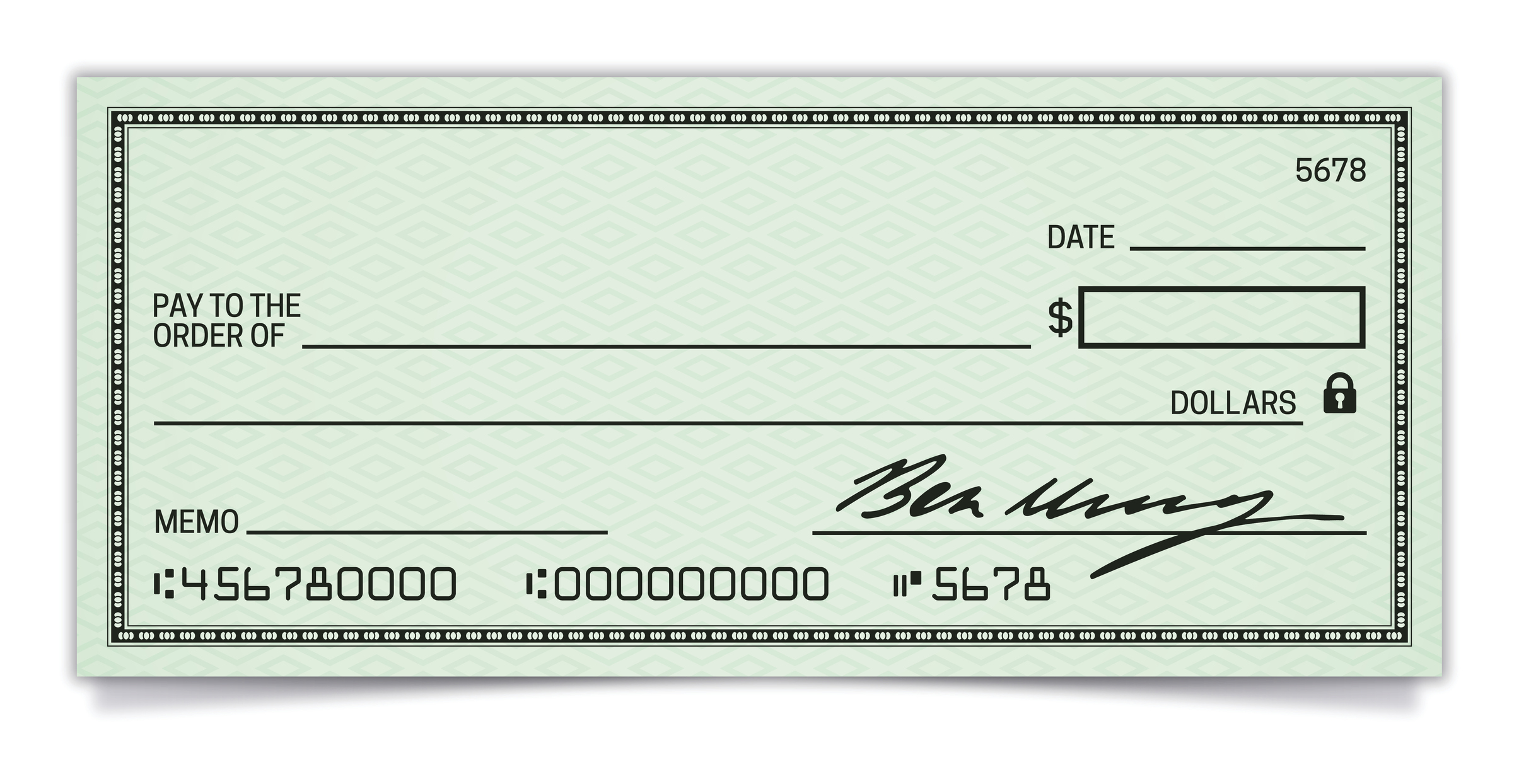A certified public accountant (CPA) is a financial professional who has met their state licensing requirements to provide accounting services to the public. All CPAs are accountants, but not all accountants are CPAs. In this article, we'll cover what a CPA does, how to become a CPA, and the difference between a CPA and an accountant.
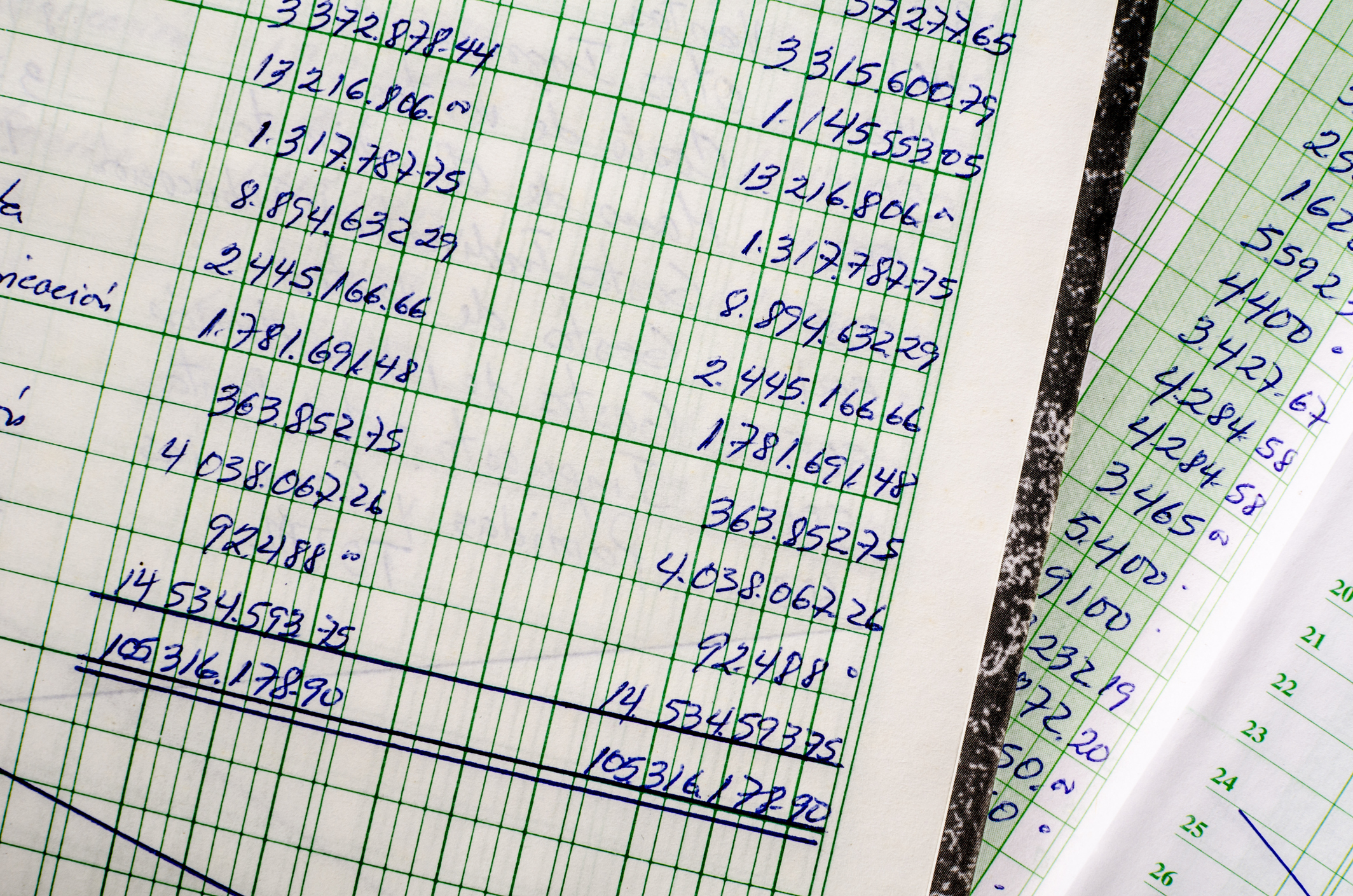
What is a certified public accountant (CPA)?
CPA is short for certified public accountant. The terms "CPA" and "accountant" are sometimes used interchangeably, but "accountant" is an unregulated term.
A CPA is someone who has passed the four-part Uniform CPA Examination administered by the American Institute of CPAs (AICPA) and met their state's accountancy board's licensing requirements. CPAs also must meet continuing education requirements and are required to adhere to the AICPA's Professional Code of Conduct.
Based on data from the U.S. Bureau of Labor Statistics (BLS) and the National Association of State Boards of Accountancy, fewer than half of accountants and auditors in the U.S. hold an active CPA license.
Roles that require a CPA
An accountant who doesn't have a CPA license may perform many of the same tasks as a CPA. For example, both CPAs and unlicensed accountants frequently organize and record financial transactions, inspect financial documents, prepare financial statements and tax returns, provide financial and budgetary advice, and conduct risk assessments. However, certain duties require a CPA, such as:
- Representing a taxpayer before the IRS. Only CPAs, enrolled agents, and attorneys have unlimited representation rights before the IRS. If you hold one of these credentials, you can represent clients if they're being audited, dealing with payment or collection issues, or appealing a decision.
- Preparing audited financial statements. Publicly traded companies are required to provide audited financial statements prepared by a CPA and file them with the U.S. Securities and Exchange Comission.
- Providing a professional opinion on an external audit. An external audit is a review of financial statements prepared by an independent third party. Non-CPAs are allowed to assist with an external audit, but the professional audit opinion about the accuracy of financial statements must come from a CPA.
Many companies and organizations also seek out someone with a CPA license for roles such as forensic accounting, consulting, personal financial planning, or business valuation.
How to become a CPA
To become a CPA, you'll typically need to do the following:
- Complete a bachelor's degree and 150 hours of coursework from a regional accredited educational institution. Note that a standard bachelor's degree only requires 120 credit hours, so this amounts to an additional year of education.
- Gain professional experience. Though requirements vary by state, most states require at least one or two years of public accounting experience.
- Pass the AICPA's four-part exam: The exam includes three core sections and one choice of discipline.
Once you become a CPA, you'll also need to meet your state's requirements for continuing professional education (CPE).
Related investing topics
Is there a CPA shortage?
Some long-time CPAs have warned of a looming CPA shortage. Fewer students are choosing accounting as a major, and the number of first-time candidates sitting for the CPA exam fell by 33% between 2016 and 2021. Between 2020 and 2022, about 300,000 accountants also left the profession because they retired or changed careers.
To address the shortage, some CPAs have called for an end to the 150-credit hour requirement, given the substantial cost of an extra year of education. For example, the Minnesota Society of Certified Public Accountants (MNCPA) has supported legislation that would replace the 150-hour requirement with a bachelor's degree with the standard 120 credit hours, plus two years of professional education.
